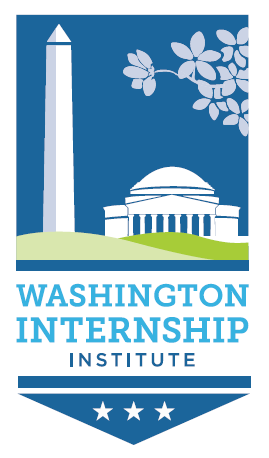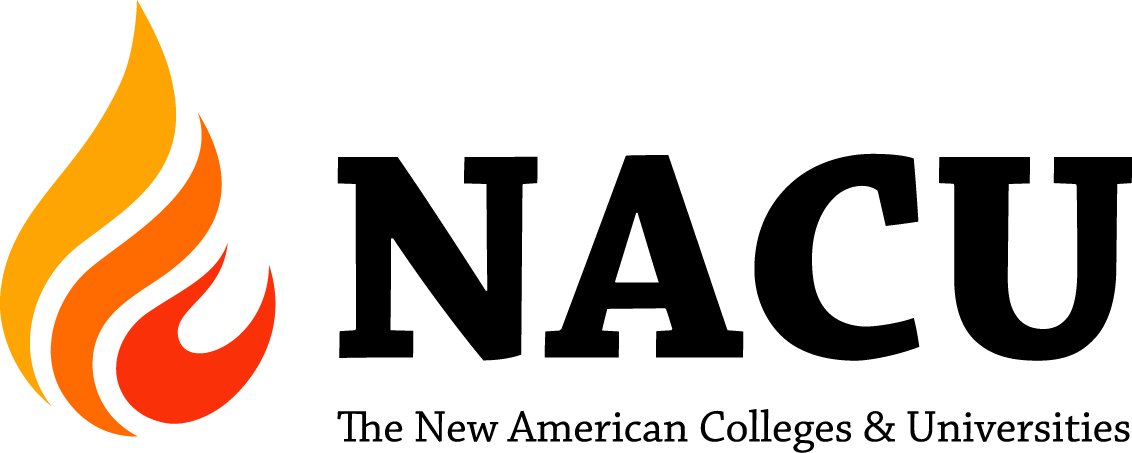Road Trip: The Local and the Global
/I love quirky campus features, and this mound definitely qualifies. The plaque describes a tradition at Adrian where students from graduating classes add ribbons to a pole that is then handed down to the next class at this site. It's apparently been going on for a very long time. I'd like to see that.
In my last position, I became involved in work led by the Bonner Foundation to engage students in the community--variously called civic engagement, community engagement, civic learning, or many other combinations. At their high-impact institute last summer, I had something of an epiphany. It was stressed at these meetings to ground a college's work with its community in the specificity of the place. This may sound obvious, but I guess it wasn't for me.
To dig into this idea a little deeper, what was being argued is for us to consider when engaging with the community, what its distinguishing or even unique characteristics are. It is vital to understand that ideas from one place may not work in another: they may necessarily have to be adapted or even thrown out because they just do not translate to a different context.
This concept came back to me during my visit to Adrian College when I was speaking to a class of Social Work majors. These are students who want to finish college and return to their communities and start making real change. As part of their major, they are required to do an extensive internship--a requirement that could be fulfilled through our program. Some of the students in the class asked why they should go to Washington to do this kind of work, when what they wanted to do is work in their community--often their hometown.
On its face, it seemed like the obvious answer was that they shouldn't: they should start the work they wanted to do down the line as soon as possible, in the place they know, with issues they are already aware need to be addressed. However, part of a liberal education is perspective taking, and I argued to those students that to go to Washington to do their internship would provide them with a better opportunity to help their community: if they only know the specificity of their community, of their place, they won't be able to address the challenges that face that community as fully as they would if they have a larger perspective on those challenges.
Hey campuses: every student center should have fire pits...
For example, if they were to intern for a semester at a local organization devoted to improving access to healthy food options in Detroit, they would get great experience in how that issue works in Detroit; however, if they were to intern for a semester in Washington at a national organization devoted to those issues, they would be able to see what is working in other places--and be a part of the national conversation about that issue and see how national policies were affecting their work on the ground in Detroit. They would be able to take time to approach the issue from more angles than just the local; this perspective-shifting could result in different approaches than had been tried.
Place is important, and it should be emphasized when engaging with communities: just because Adrian might look like the town thirty miles away from it, I'm sure it isn't. At the same time, I think it's important to get outside of the place to which you are accustomed so you can see that place in a new way when you return.




